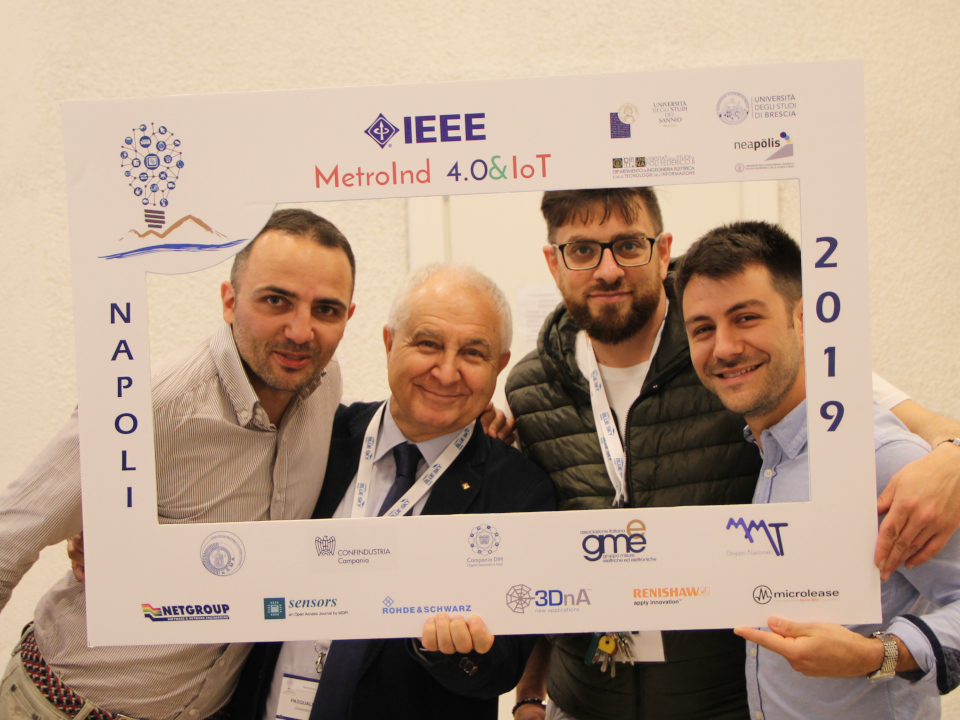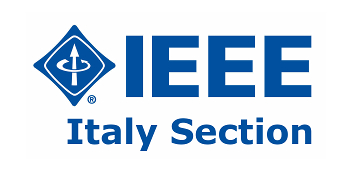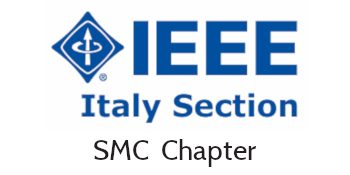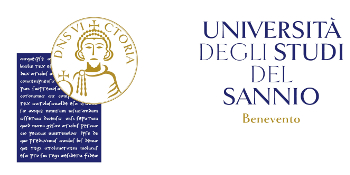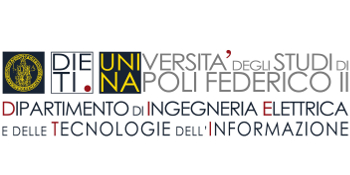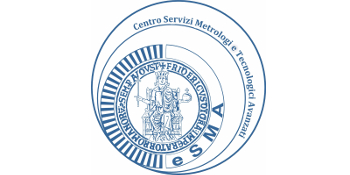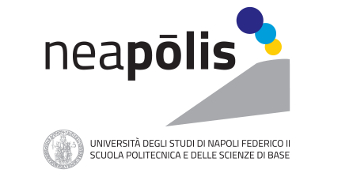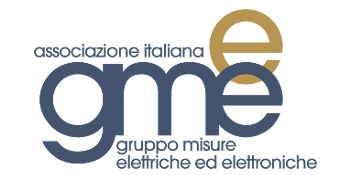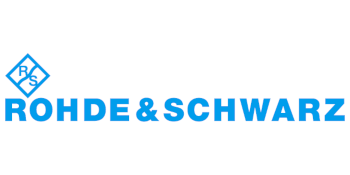Human motion capture sensors, technologies and techniques for Industry 4.0 and IoT
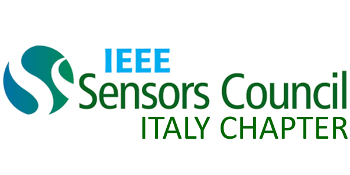
This Special Session has been organized under the auspices of the IEEE Sensors Council Italy Chapter.
ORGANIZED BY
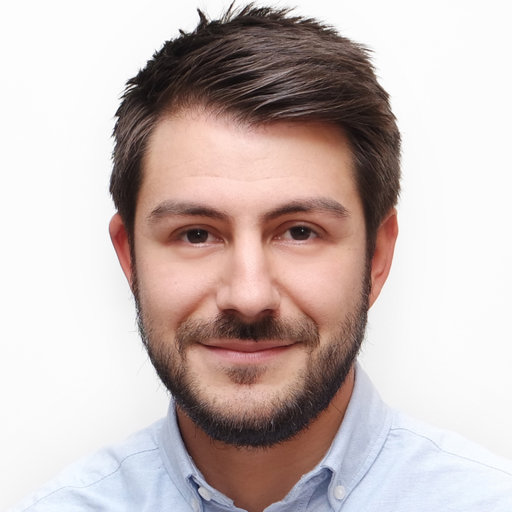
Carlo Massaroni
Università Campus Bio-Medico di Roma, Rome, Italy

Simona Crea
Scuola Superiore Sant'Anna, Pisa, Italy
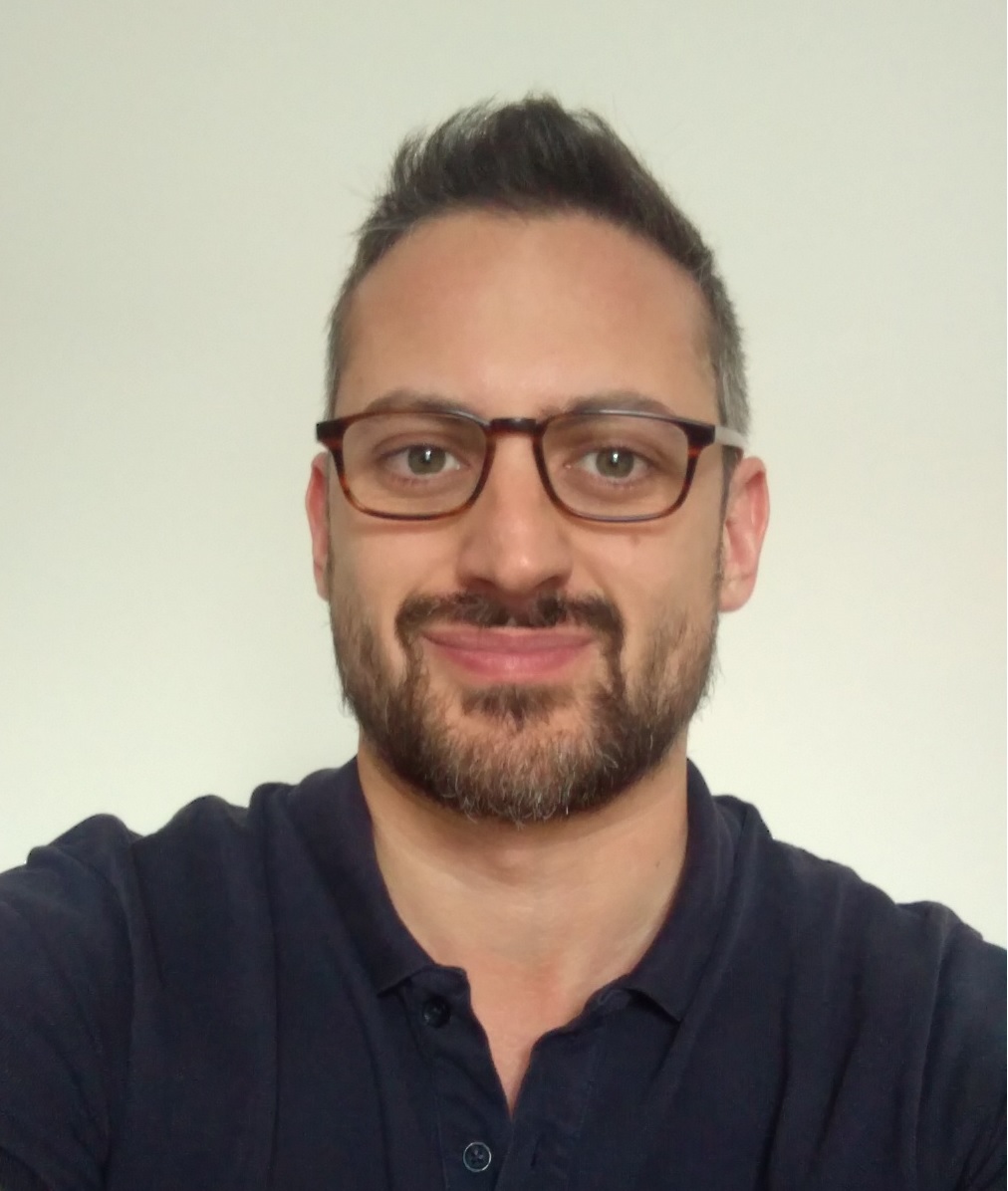
Eduardo Palermo
Sapienza University of Rome, Rome, Italy
ABSTRACT
Wearable technologies for movement monitoring can play a fundamental role in industrial scenarios: identifying sensors and methods to assess the workers biomechanics in ecological scenarios would allow designing better workplaces and, potentially, reduce the occurrence of work-related musculoskeletal injuries due to non-ergonomic postures, repetitive tasks or excessive musculoskeletal loads on specific joints.
Sensory systems mainly based on optical sensors (e.g., cameras) and wearable sensors may collect physiological, environmental, physical signals providing useful data for both safety and ergonomics evaluations. Additionally, such sensors when integrated into an IoT architecture can contribute to the development of novel and sophisticated technologies and techniques for the user detection, analysis and monitoring, at distance and with no workspace limitation.
This special session aims at collecting and discussing novel methods and latest results about unobtrusive and wearable sensors, systems, as well as technologies and techniques related to the assessment of workers in industrial scenarios.
TOPICS
Submissions are welcomed on (but not limited to):
- Wearable sensing systems for human motion capture
- Unobtrusive sensing systems, techniques and methods for human motion capture
- Internet of things (IoT) for wearables and unobtrusive monitoring systems, networking and interoperability
- Innovative applications and case studies
- Reliability, validity, accuracy and limitations of sensors, technologies and techniques
- Data fusion or processing for accurate signal estimation
- Assessment of gestures and postures
- Human-machine interface
ABOUT THE ORGANIZERS
Dr. Carlo Massaroni is Postdoctoral Research Scientist at Università Campus Bio-Medico di Roma (UCBM). He received the BSc and MSc in Biomedical Engineering from UCBM in 2010 and 2012, respectively, and the Ph.D. in Bioengineering from UCBM in 2017. His research interests are focused on the design, development and assessment of sensors, measuring systems and devices for physiological measurements, with particular emphasis on the design of wearable and unobtrusive systems for the measurement of respiratory and cardiac parameters, tests of available technologies for non-invasive measurement in the medical field, fiber optics for development of sensors and measuring chains for medical field.
He is a member of the IEEE, IEEE Instrumentation and Measurement Society, IEEE Engineering in Medicine and Biology, of the IET. He is currently the Chair of the “Sensors for Biomechanics” technical committee of the IEEE Sensors Italy Chapter.
Dr. Simona Crea (female) received a BSc and MSc in biomedical engineering (both cum laude) from the University of Pisa, Italy, in 2009 and 2012, and a PhD degree in biorobotics from SSSA in 2015. Since April 2017 she has been an Assistant Professor at The BioRobotics Institute, where she works on wearable robotics. She is the scientific coordinator of the Habilis research project funded by the Italian National Institute for Insurance against Accidents at Work and project manager of the EU H2020 CYBERLEGs++ project. She serves as an Associate Editor for the IEEE Robotics and Automation Letters. She is the Chair of the “Wearable Sensors” technical committee of the IEEE Italy Sensors Chapter. Her research interests include the development and validation of novel wearable exoskeletons with integrated sensing and biofeedback. She focuses on aspects of human-machine interaction and ergonomics, with applications in the medical and industrial fields.
Eduardo Palermo is an Assistant Professor and Ph.D. advisor in the Department of Mechanical and Aerospace Engineering of Sapienza University of Rome. He received his Ph.D. in February 2014 in Industrial Production Engineering at Sapienza University. From June 2014 to June 2015 he had a Postdoc appointment at New York University Tandon School of Engineering. His research interest is the design, implementation, and validation of novel technologies in Experimental Biomechanics and Robotics for Rehabilitation, with focus on human gait and motion analysis. His research activity involved wearable inertial sensors, machine learning algorithms, mechatronics, human-computer interactions, bio-signal processing, and measurement for cultural heritage preservation and environmental monitoring. He is the Chair of the “Inertial Measurement Unit” technical committee of the IEEE Italy Sensors Chapter.




